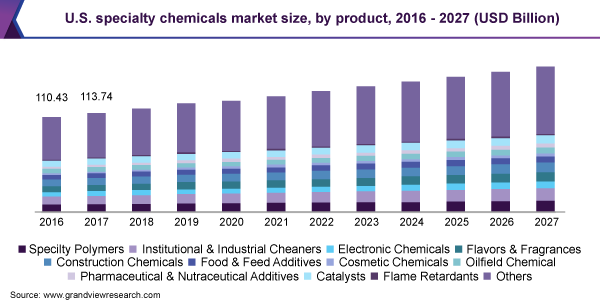Last week, Steve Jobs stepped down as chief executive officer of Apple, but said he will remain the chairman of the company’s board.
Amid the flurry of speculation about what the resignation could mean for Apple’s future, several reporters examined how Jobs’ minimalist but revolutionary ideas about design lead to changes in the appearance and composition of plastics materials.
Jobs has been called the Thomas Edison of our time because of the innovation he has brought forth over the past few decades. David Pogue of The New York Times describes Jobs in this way:
This news is rocking the world — and not just the tech world. Mr. Jobs, after all, has almost single-handedly reshaped a stunning range of industries: music, TV, movies, software, cellphones, and cloud computing. The products he’s shepherded into existence with single-minded vision read like a Top 10 list, or a Top 50 list, of the world’s most successful inventions: Macintosh. iPod. iPhone. iTunes. iMovie. iPad.
Jonathan Glancey of the U.K.’s guardian.co.uk writes that “one of Jobs’s greatest contributions to design was the promotion of Jonathan Ive,” who became the senior vice president of industrial design at Apple Inc in 1998.” That year, bold color arrived. Apple introduced the iMac, a mix of brightly colored and translucent plastics, which Glancey described as “a bold attempt to break away from the dull world of beige and grey plastic computer cases.” Apple sold two million in the first year.
Fast-forward to the sleek design and slick function of the iPhone and iPad, where everything from packaging to advertising became part of the product. Glancey writes that “these lightweight yet well-made, jewel-like objects, with their crystal-clear screens, finally imbued the design of computers and digital gizmos with a seductive quality. Once seen and touched, sales were made.”
Jobs also had a hand in Apple’s material choices. And he listened to environmental activists. Plastics News editor Don Loepp writes that “for years, Greenpeace has pressured Apple to avoid PVC and brominated flame retardants. In response, Loepp writes “Apple, indeed, has paid attention, and it has adjusted its material portfolio as a result of the campaign.” Loepp now wonders if Jobs’ resignation will impact Apple’s choice of plastics and material suppliers.
Rachel Petkewich is a freelance science writer and editor. She has worked as a research scientist in the chemical industry and spent eight years as a staff writer and editor at various science journals and magazines, including Chemical & Engineering News.
Source : www.polymersolutions.com






